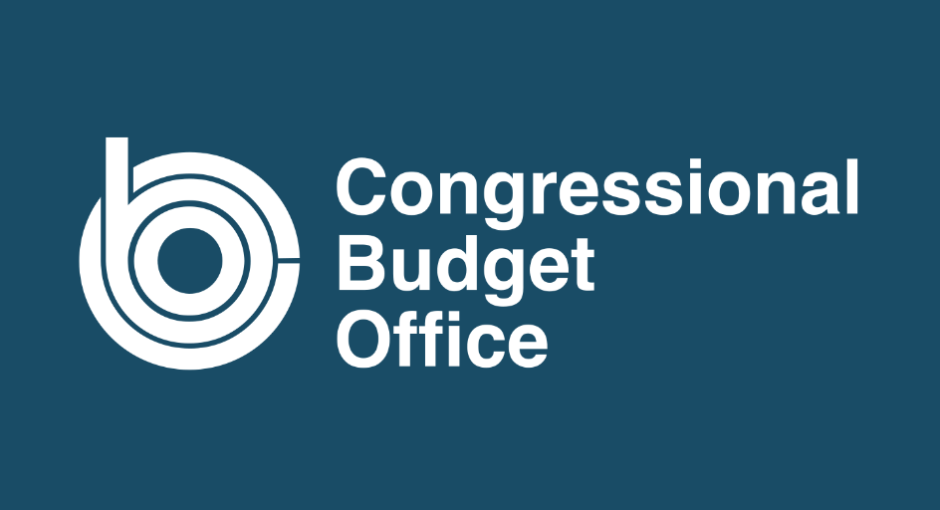U.S. Senate Democrats’ revamped drug pricing legislation would lower the federal deficit by $287 billion over 10 years, the nonpartisan Congressional Budget Office said late last week.
Last November, CBO estimated that drug pricing language in the House-passed Build Back Better Act would have produced comparable savings—$297 billion in over 10 years.
The Build Back Better bill never came up for a vote in the Senate. Sen. Joe Manchin (D-W.Va.) said he could not vote for it, which doomed it in the evenly divided Senate. The mammoth bill addressed a host of Democratic policy priorities apart from drug pricing including climate change—a touchy subject in West Virginia, the second-largest coal producing state after Wyoming. Manchin however said then and now that he backs drug pricing legislation.
Senate Democratic leaders reportedly negotiated the new drug pricing language in private with Manchin.
As 340B Report reported on Friday, hospital representatives reportedly are satisfied that language in the new draft clarifies that if Medicare get power to negotiate some drug prices, 340B covered entities will be able to access the lower of the 340B price or the negotiated Medicare rate. Other entity representatives have questions about the new language, including its applicability to manufacturers that refuse to offer 340B pricing to covered entities, such as the 18 that restrict 340B pricing when entities use contract pharmacies.
CBO released its score of the new Democratic drug pricing legislation on Friday. Senate Majority Leader Chuck Schumer (D-N.Y.) said the score “shows allowing Medicare prescription drug negotiation will yield billions in smart savings.”
Senate Republican Leader Mitch McConnell (R-Ky.) has said there will be no vote on legislation to encourage domestic manufacturing of semiconductor chips if Senate Democrats pursue passing their drug pricing legislation and other party priorities via a type of budget bill that needs just a simple majority vote for approval.


